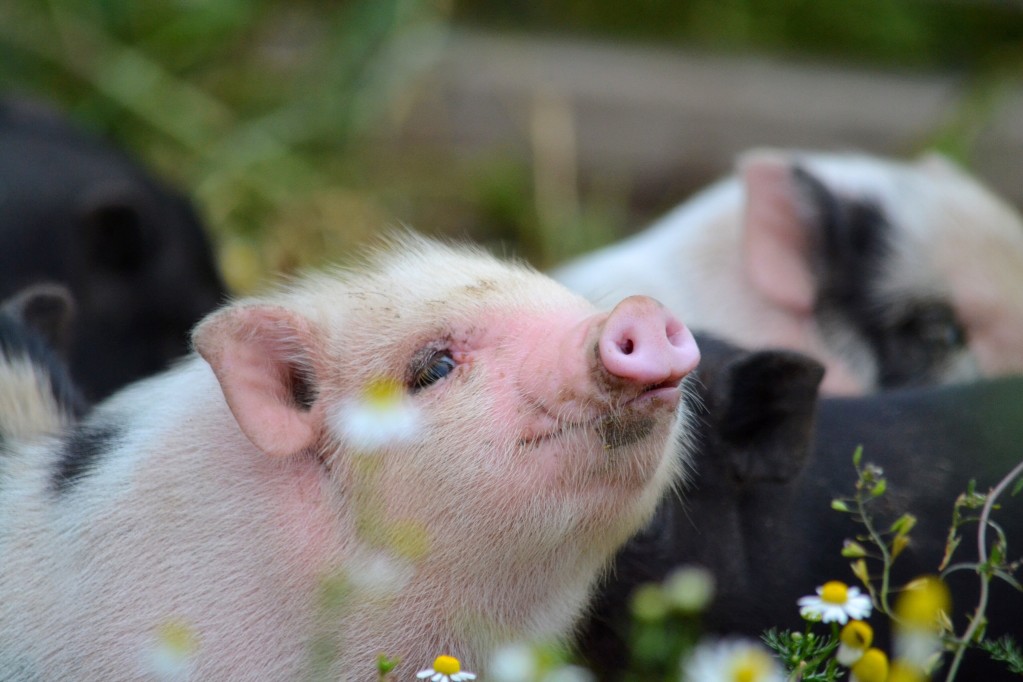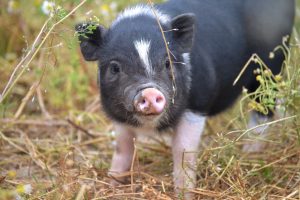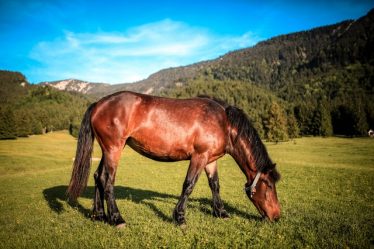
During the weaning process, it’s common for piglets to undergo some form of stress. The stress will change their physiology and result in intestinal dysfunction. The stress will negatively impact growth performance. Antibiotics come in handy in treating these conditions to enhance growth, prevent diarrhoea and boost intestinal digestion and absorption.
Finding an antibiotic substitute that lowers both nitrogen emissions and antibiotic use, benefits farms economically, boost animal growth, benefit several society sectors and lowers environmental pollution is vital.
Biological Perks of Citrus
Citrus is proven to contain essential biological active components. The extract contains several biological perks, such as antioxidant, anti-bacterial, anti-cancer and anti-inflammatory effects. Its strong anti-inflammatory and antioxidant effects are essential in boosting animals’ health.
Managing gut health is relatively complex, with a couple of parameters to consider. Well, this unique issue highlights species-specific topics, such as the stress-related intestinal problems found in weaning pigs. The present antibiotics in citrus can maintain the poultry’s health and prevent gut issues in dairy cows.

The Piglet Experiment
Basically, this piglet experiment was conducted on 144 weaned piglets, which were categorised into the following three groups:
- A control group that was fed with a standard diet;
- An antibiotic group that was given a standard diet supplemented with some 75 g/t of chlortetracycline;
- A citrus by-product group that was fed with a standard diet alongside some 300mL/t citrus by-product.
At the end of the study, the researchers noted that the citrus by-product group had increased the amount of threonine and plasma total essential amino acids compared to the two groups. Also, this group increased the α-aminoadipic acid and the 3-methylhistidine concentration compared to the control group and antibiotic group, respectively. Another notable thing is that the extract improved the activity of lipase and phosphatase in the duodenum.


